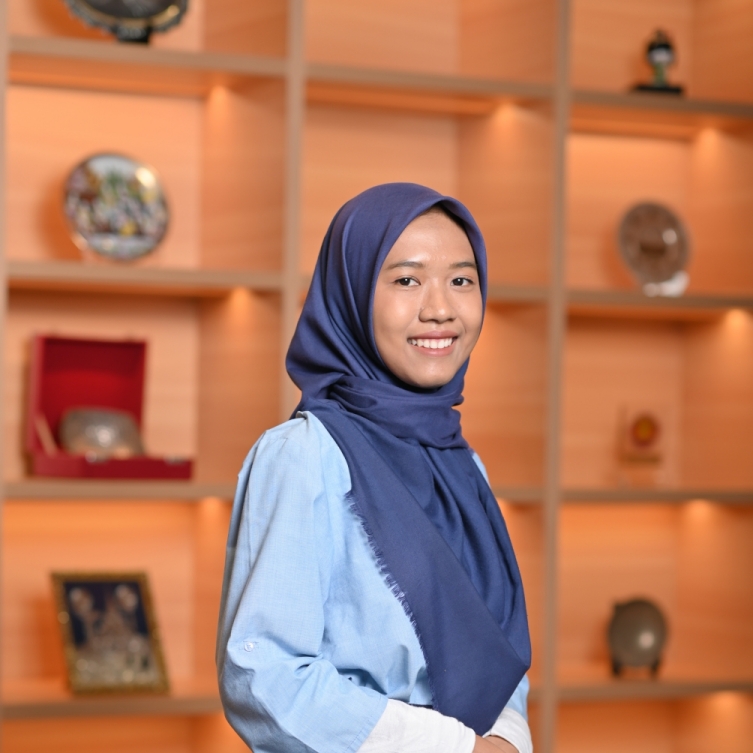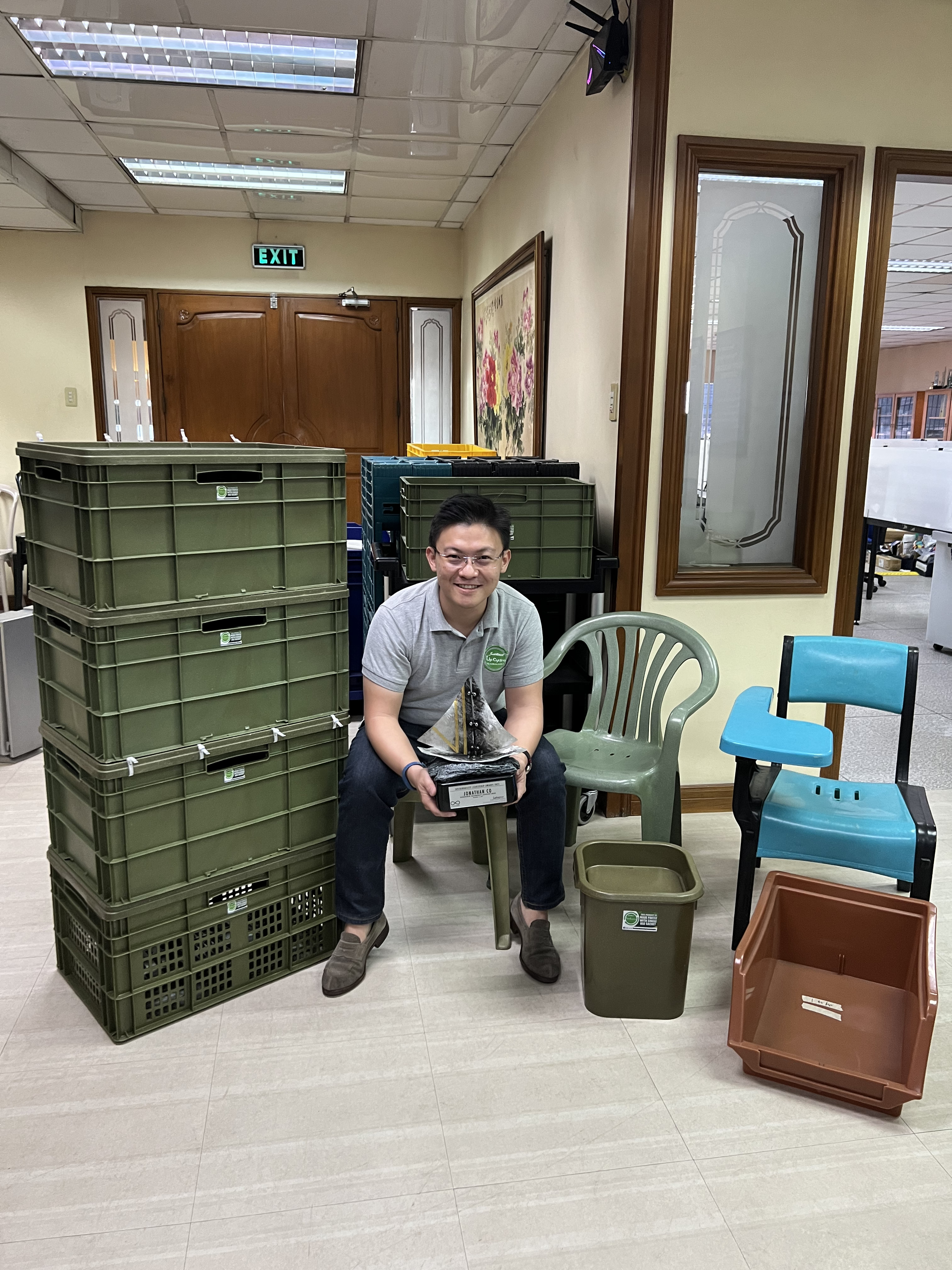

Ha Noi, 5-7 July 2023: Advancing the utilisation of technology for the environmentally sound management of hazardous chemicals and waste was the focus of the eighth Meeting of the ASEAN Working Group on Chemicals and Waste (AWGCW). The event was co-hosted by Viet Nam's Ministry of Natural Resources and Environment (MoNRE) and the ASEAN Secretariat in Ha Noi.
Mr Vo Tuan Nhan, Viet Nam's Deputy Minister of Natural Resources and Environment, reaffirmed in his opening remarks the region’s commitment to addressing chemicals and waste to build a greener ASEAN.
‘Environmental pollution from chemicals and waste poses detrimental impacts to the health of the planet. As a responsible and active member of ASEAN, Viet Nam will continue to closely cooperate with ASEAN and non-ASEAN countries, as well as international partners, to promote capacity building, technology transfer, and information sharing on the management of hazardous chemicals and waste in this region,’ he said.
The AWGCW was established in 2015, reforming the former ASEAN Working Group on Multilateral Environmental Agreements (AWGMEA). Its primary purpose is to strengthen regional cooperation on the implementation of chemicals and waste-related multilateral environmental agreements, such as the Basel, Rotterdam, and Stockholm (BRS) conventions. The working group convenes each year to discuss and coordinate the implementation of the AWGCW Action Plan, which comprises seven programmes on the environmentally sound management (ESM) of hazardous chemicals and waste.
ASEAN Cooperation on Plastic Waste
Mr Achmad Gunawan Widjaksono, Director of Hazardous and Toxic and Non-hazardous and Non-toxic Waste Management, Indonesia's Ministry of Environment and Forestry, and chair of the meeting, emphasised the pressing issue of plastic waste.
‘Southeast Asia’s rapid population and economic growth gave rise to increased plastic production and consumption, which contributed to marine plastic pollution when coupled with waste imports and low recycling rates,’ he said.
The event also took stock of activities undertaken by development and dialogue partners to address plastic pollution in the region.
Mr Michikazu Kojima, ERIA Senior Advisor to the President on Environmental Issues, presented a project on preventing plastic and resin pellet leakage from factories and informal recycling in ASEAN. Implemented by the Regional Resource Centre of Asia and the Pacific at the Asian Institute of Technology (AIT RRC.AP), the project will develop and disseminate technical guidelines based on good practices in the region.
Dr Nguyen Thi Minh Ngoc, Deutsche Gesellschaft für Internationale Zusammenarbeit (GIZ) Senior Programme Officer, highlighted key takeaways from the second regional workshop of the Reduce, Reuse, Recycle to Protect the Marine Environment and Coral Reefs in ASEAN (3R-ProMar) programme.
‘The workshop pointed out ASEAN’s preparedness for the upcoming global plastics treaty, which can be enhanced by the implementation of the ASEAN Regional Action Plan for Combating Marine Debris through actions such as advancing policies on extended producer responsibility (EPR) and leveraging behavioural change,’ she said.
Ms Emily Wana, Project Director of the World Bank's Southeast Asia Regional Programme on Combating Marine Plastics (SEA-MaP), joined online to share updates on the SEA-MaP programme, which is now in the procurement phase.
Dr Yasuhiko Hotta, Programme Director of Sustainable Consumption and Production Area of the Institute for Global Environmental Strategies (IGES), said the Strengthening Capacity for Marine Debris Reduction in ASEAN Region through Formulation of National Action Plans for ASEAN Member States and Integrated Land-to-Sea Policy Approach project, under the Japan-ASEAN Integration Fund (JAIF), is set to be completed in October 2023 and will address capacity development needs in Myanmar and Cambodia.
Ha Noi, 5-7 July 2023: Advancing the utilisation of technology for the environmentally sound management of hazardous chemicals and waste was the focus of the eighth Meeting of the ASEAN Working Group on Chemicals and Waste (AWGCW). The event was co-hosted by Viet Nam's Ministry of Natural Resources and Environment (MoNRE) and the ASEAN Secretariat in Ha Noi.
Mr Vo Tuan Nhan, Viet Nam's Deputy Minister of Natural Resources and Environment, reaffirmed in his opening remarks the region’s commitment to addressing chemicals and waste to build a greener ASEAN.
‘Environmental pollution from chemicals and waste poses detrimental impacts to the health of the planet. As a responsible and active member of ASEAN, Viet Nam will continue to closely cooperate with ASEAN and non-ASEAN countries, as well as international partners, to promote capacity building, technology transfer, and information sharing on the management of hazardous chemicals and waste in this region,’ he said.
The AWGCW was established in 2015, reforming the former ASEAN Working Group on Multilateral Environmental Agreements (AWGMEA). Its primary purpose is to strengthen regional cooperation on the implementation of chemicals and waste-related multilateral environmental agreements, such as the Basel, Rotterdam, and Stockholm (BRS) conventions. The working group convenes each year to discuss and coordinate the implementation of the AWGCW Action Plan, which comprises seven programmes on the environmentally sound management (ESM) of hazardous chemicals and waste.
ASEAN Cooperation on Plastic Waste
Mr Achmad Gunawan Widjaksono, Director of Hazardous and Toxic and Non-hazardous and Non-toxic Waste Management, Indonesia's Ministry of Environment and Forestry, and chair of the meeting, emphasised the pressing issue of plastic waste.
‘Southeast Asia’s rapid population and economic growth gave rise to increased plastic production and consumption, which contributed to marine plastic pollution when coupled with waste imports and low recycling rates,’ he said.
The event also took stock of activities undertaken by development and dialogue partners to address plastic pollution in the region.
Mr Michikazu Kojima, ERIA Senior Advisor to the President on Environmental Issues, presented a project on preventing plastic and resin pellet leakage from factories and informal recycling in ASEAN. Implemented by the Regional Resource Centre of Asia and the Pacific at the Asian Institute of Technology (AIT RRC.AP), the project will develop and disseminate technical guidelines based on good practices in the region.
Dr Nguyen Thi Minh Ngoc, Deutsche Gesellschaft für Internationale Zusammenarbeit (GIZ) Senior Programme Officer, highlighted key takeaways from the second regional workshop of the Reduce, Reuse, Recycle to Protect the Marine Environment and Coral Reefs in ASEAN (3R-ProMar) programme.
‘The workshop pointed out ASEAN’s preparedness for the upcoming global plastics treaty, which can be enhanced by the implementation of the ASEAN Regional Action Plan for Combating Marine Debris through actions such as advancing policies on extended producer responsibility (EPR) and leveraging behavioural change,’ she said.
Ms Emily Wana, Project Director of the World Bank's Southeast Asia Regional Programme on Combating Marine Plastics (SEA-MaP), joined online to share updates on the SEA-MaP programme, which is now in the procurement phase.
Dr Yasuhiko Hotta, Programme Director of Sustainable Consumption and Production Area of the Institute for Global Environmental Strategies (IGES), said the Strengthening Capacity for Marine Debris Reduction in ASEAN Region through Formulation of National Action Plans for ASEAN Member States and Integrated Land-to-Sea Policy Approach project, under the Japan-ASEAN Integration Fund (JAIF), is set to be completed in October 2023 and will address capacity development needs in Myanmar and Cambodia.

Research Associate


